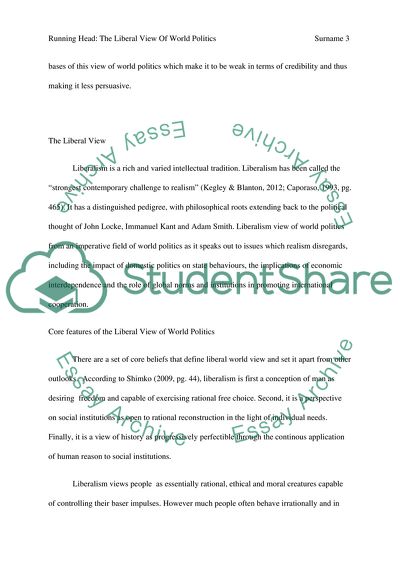Cite this document
(The Major Features that Characterize the Liberal View of World Politic Term Paper, n.d.)
The Major Features that Characterize the Liberal View of World Politic Term Paper. Retrieved from https://studentshare.org/politics/1773186-what-are-the-main-features-of-the-liberal-view-of-world-politics-how-persuasive-do-you-find-this-perspective
The Major Features that Characterize the Liberal View of World Politic Term Paper. Retrieved from https://studentshare.org/politics/1773186-what-are-the-main-features-of-the-liberal-view-of-world-politics-how-persuasive-do-you-find-this-perspective
(The Major Features That Characterize the Liberal View of World Politic Term Paper)
The Major Features That Characterize the Liberal View of World Politic Term Paper. https://studentshare.org/politics/1773186-what-are-the-main-features-of-the-liberal-view-of-world-politics-how-persuasive-do-you-find-this-perspective.
The Major Features That Characterize the Liberal View of World Politic Term Paper. https://studentshare.org/politics/1773186-what-are-the-main-features-of-the-liberal-view-of-world-politics-how-persuasive-do-you-find-this-perspective.
“The Major Features That Characterize the Liberal View of World Politic Term Paper”. https://studentshare.org/politics/1773186-what-are-the-main-features-of-the-liberal-view-of-world-politics-how-persuasive-do-you-find-this-perspective.


